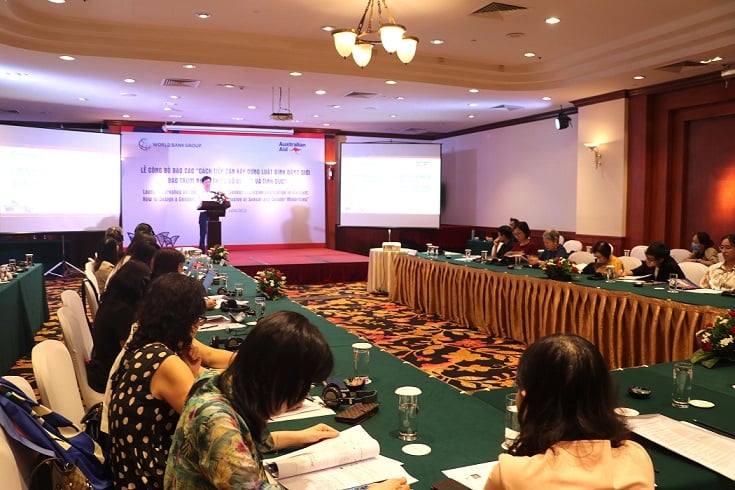
Overview of the Announcement Ceremony.
The report is a publication of the Vietnam Women’s Economic Empowerment Project under the Australian Government-World Bank Group Partnership in Vietnam. The research report makes recommendations for the Gender Equality Law to address the disadvantages of gender and sexual minority groups.
At the launch ceremony, Ms. Helle Buchhave, Project Manager of the World Bank's "Increasing Economic Opportunities for Women in Vietnam" project, said: In every country, including Vietnam, some groups of people face barriers that prevent them from participating equally in the political , economic and social life of their country. Due to deep-rooted prejudices and harmful social norms, gender and sexual minorities continue to suffer discrimination, economic and social exclusion, and violence.
The Ministry of Labour, Invalids and Social Affairs is updating the 2006 Law on Gender Equality. As Vietnam’s current legal framework defines gender equality in a binary fashion (male and female) without including sexual orientation, gender identity, gender expression and sex characteristics (SOGIESC), updating this Law is a good opportunity and an important starting point to broaden the scope and definition of gender equality to include SOGIESC. A key factor in building a just and inclusive society is understanding the legal and institutional obstacles that disadvantaged groups (including gender and sexual minorities) face, preventing them from fully participating, benefiting from and contributing to the economy on an equal basis with others.
To promote inclusiveness for disadvantaged groups in Viet Nam’s legal framework, the report recommends that the 2006 Law on Gender Equality be updated from a cross-layered perspective to address the common disadvantages faced by gender and sexual minorities. The report draws on relevant international experience and data, complemented by existing data in Viet Nam, as well as on an assessment of the current Law on Gender Equality and an assessment of relevant legal frameworks. This approach is closely aligned with Viet Nam’s Constitution, which recognizes that the State has a policy to ensure gender equality and opportunities and prohibits gender discrimination.
By providing international evidence and experience for gender assessment, the report aims to support the Ministry of Labour, Invalids and Social Affairs (MOLISA) in addressing the inequalities currently faced by LGBTI (lesbian, gay, bisexual, transgender and intersex) people in Vietnam and help the revised Law on Gender Equality to be more inclusive of gender and sexual minorities.
Evidence shows that LGBTI students in Vietnam face high rates of physical and verbal abuse and bullying. According to a 2015 survey by the Institute for Social, Economic and Environmental Studies, of the 2,363 participants, two-thirds had heard homophobic comments from their peers and one-third had witnessed similar behavior from teachers and school staff. A 2013 study by the Center for Health and Population found that more than 50% of participants said their school was not a safe environment for LGBTI students. Bullying and violence at school can harm the mental health of LGBTI students, impact academic performance and cause some students to drop out of school or even attempt suicide. In the same study, 43% of students who experienced school violence said they did not do well in school and some dropped out. According to the Center for Health and Population Innovation, 85% of male-to-female transgender students drop out of school and fail to graduate from high school because of assault and bullying.
The report begins with a review of existing data on LGBTI people worldwide, including the serious challenges they face. After discussing the economic impact of inclusive policies, the report analyzes international policy frameworks for SOGIESC inclusion. It then analyzes the legal framework for SOGIESC inclusion in Vietnam and assesses gaps in this policy in the current Law on Gender Equality. The report proposes specific recommendations to make the Law on Gender Equality more inclusive for LGBTI people. Each recommendation is linked to data, evidence, and relevant examples of international good practice in relation to the Vietnamese context. The report also highlights the broader implications of including SOGIESC in the revised Law on Gender Equality for other important legal frameworks in Vietnam.
According to the report, Vietnam does not have any official estimates of LGBTI people in the country. The Ministry of Health estimates that there are about 300,000 transgender people in the country. Meanwhile, a 2019 survey by domestic NGOs showed that there are nearly 500,000 transgender people in the country. In Vietnam, nearly half of adolescents (15-24 years old) surveyed said they believe that their families will accept them for who they are (42.8%); they can talk openly about their SOGIESC with their families (42.8%) or their families will make an effort to understand them (41.6%).
“Discrimination against LGBTI people is both a personal issue and an economic development challenge. Therefore, promoting laws that are inclusive of gender and sexual minorities makes important economic sense,” said the project manager of the World Bank’s “Increasing Economic Opportunities for Women in Vietnam” project.
The report's policy reform recommendations include: Expanding the definition of gender equality, including the SOGIESC definition; recognizing gender and sexual minorities; protecting LGBTI people; and implementing, mainstreaming and promoting inclusive gender equality.
At the conference, Mr. Le Khanh Luong, Director of the Department of Gender Equality (Ministry of Labor, Invalids and Social Affairs) said: Since its promulgation, the Law on Gender Equality has contributed to raising awareness, responsibility and action of the State, society and people in promoting gender equality. The results of implementing gender equality in the fields of political, economic, cultural and social life have had positive changes. Vietnam is assessed by the international community as a country that implements gender equality quite well.
However, in addition to the achievements, the implementation of gender equality still has many shortcomings and obstacles arising from regulations and practices in implementing policies and laws on gender equality. Gender prejudices and gender stereotypes are still quite common from the family to society; the results of implementing gender equality in all fields are not sustainable, there is still a gender gap between regions and vulnerable groups...
Mr. Le Khanh Luong said that the Ministry of Labor, Invalids and Social Affairs is researching and collecting opinions from ministries, branches and localities on amending the Law on Gender Equality in accordance with Vietnamese law and international conventions on human rights. The proposed policy issues to amend the Law on Gender Equality include: Perfecting the basic principles of gender equality in accordance with the country's sustainable and inclusive socio-economic development goals; ensuring gender mainstreaming in the development of legal documents, socio-economic development strategies and the responsibilities of heads of state agencies in gender mainstreaming...
Source link


![[Photo] 60th Anniversary of the Founding of the Vietnam Association of Photographic Artists](/_next/image?url=https%3A%2F%2Fvphoto.vietnam.vn%2Fthumb%2F1200x675%2Fvietnam%2Fresource%2FIMAGE%2F2025%2F12%2F05%2F1764935864512_a1-bnd-0841-9740-jpg.webp&w=3840&q=75)



![[Photo] National Assembly Chairman Tran Thanh Man attends the VinFuture 2025 Award Ceremony](/_next/image?url=https%3A%2F%2Fvphoto.vietnam.vn%2Fthumb%2F1200x675%2Fvietnam%2Fresource%2FIMAGE%2F2025%2F12%2F05%2F1764951162416_2628509768338816493-6995-jpg.webp&w=3840&q=75)



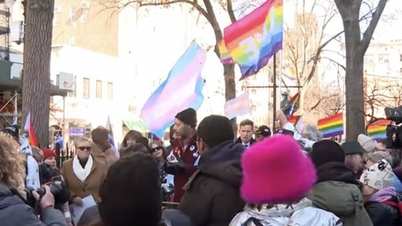




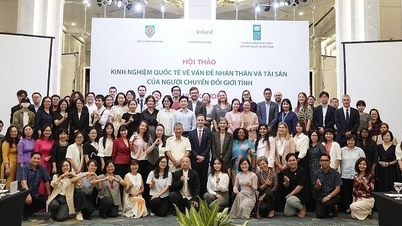

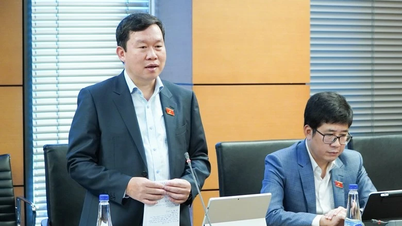

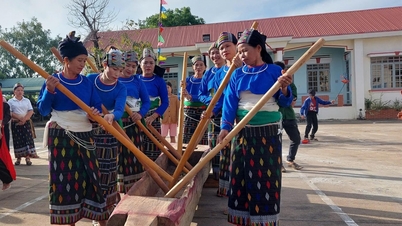



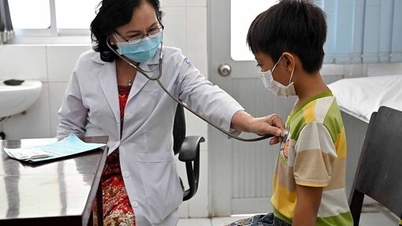



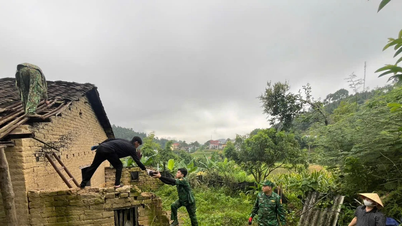







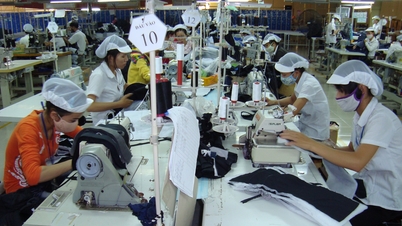

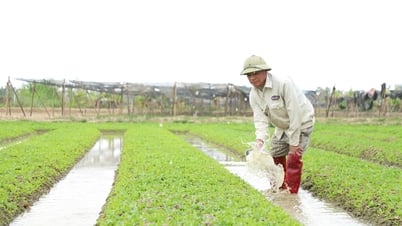
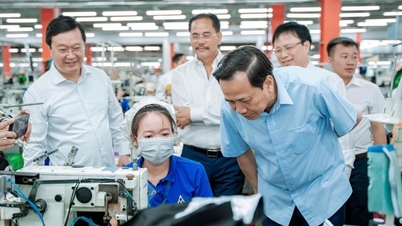


































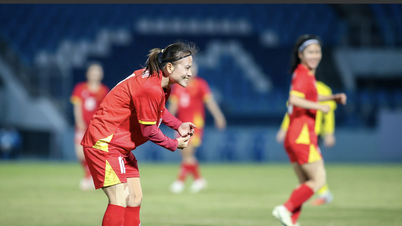




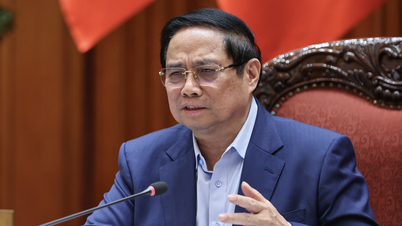
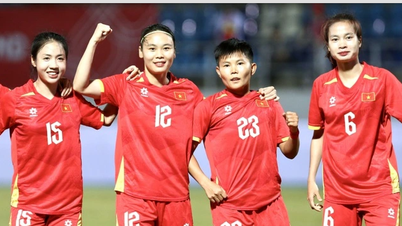







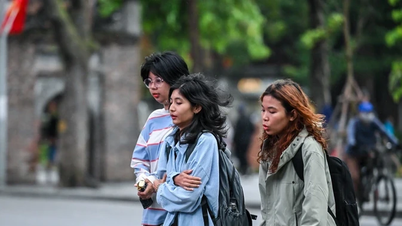

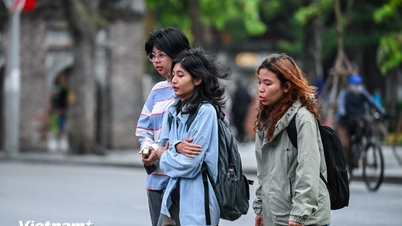

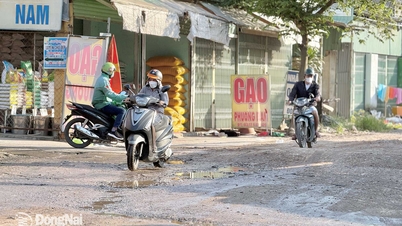

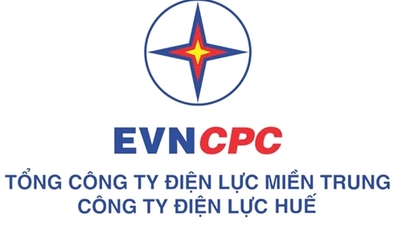

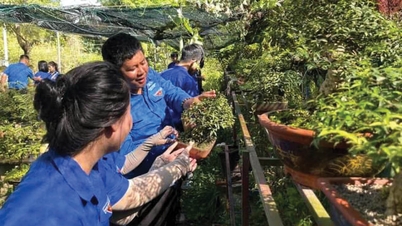













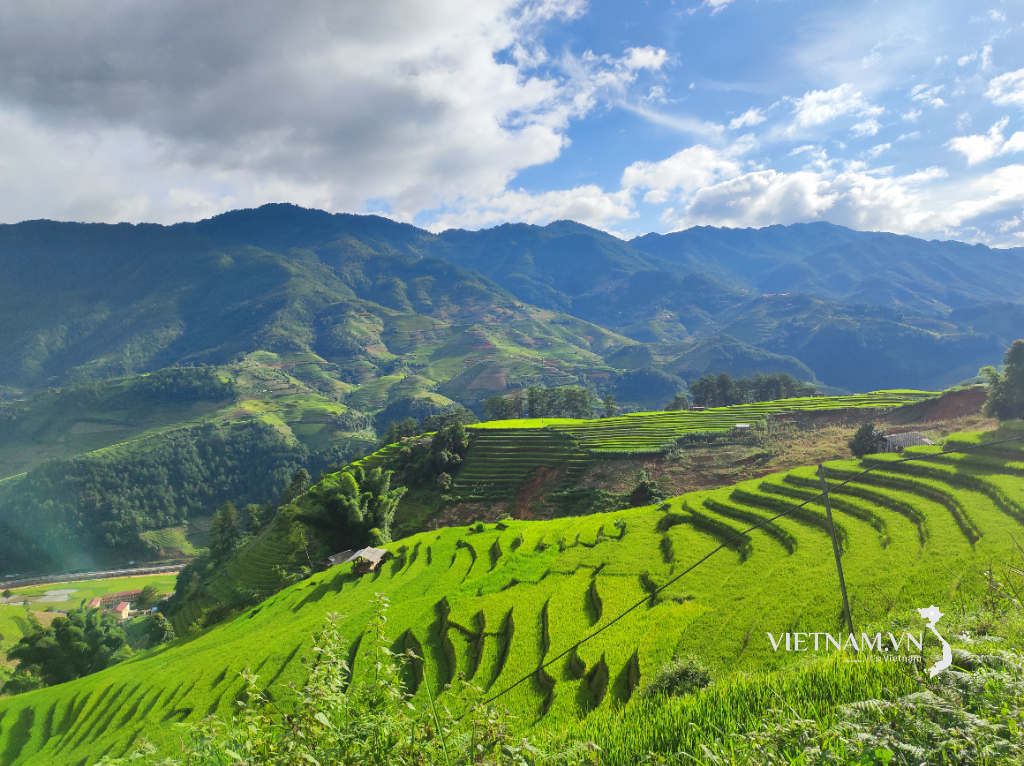





Comment (0)